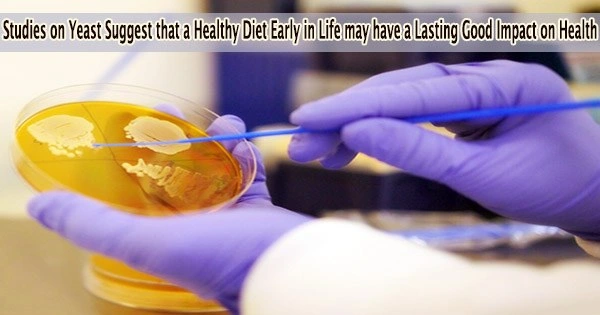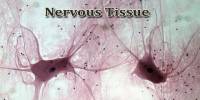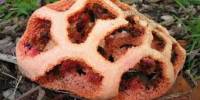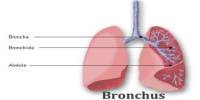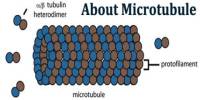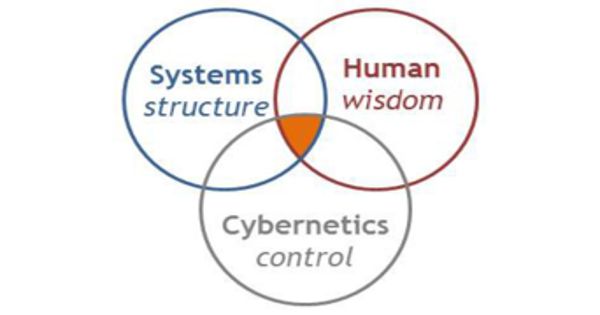Based on research on yeast, scientists at the Babraham Institute are putting up an alternate theory linking diet to aging. Experiments conducted by Dr. Jon Houseley and his team demonstrate that ill-health is not a necessary component of aging and that good aging can be achieved by dietary change without restriction by potentially modifying nutrition. The bioRxiv preprint server presently hosts a copy of their publication.
Long-standing research has shown that purposely ingesting less calories than necessary without becoming malnourished improves health later in life and may even lengthen lifespan.
Studies on mice, however, demonstrate that calorie restriction must be maintained for the entirety of life in order to have this effect, and the health advantages vanish once a regular diet is restored. Dr. Houseley’s new research conducted in yeast suggests an alternative to calorie restriction can lead to improved health through the lifecycle.
“We show that diet in early life can switch yeast onto a healthier trajectory. By giving yeast a different diet without restricting calories we were able to suppress senescence, when cells no longer divide, and loss of fitness in aged cells,” said Dr. Dorottya Horkai, lead researcher on the study.
The researchers switched the diet of the yeast from the usual glucose-rich diet to galactose and saw that several biochemical changes that are often associated with aging did not take place.
We show that diet in early life can switch yeast onto a healthier trajectory. By giving yeast a different diet without restricting calories we were able to suppress senescence, when cells no longer divide, and loss of fitness in aged cells.
Dr. Dorottya Horka
Even though they were no longer alive, the cells grown on galactose maintained their youthful fitness, demonstrating that the time spent in poor health near the end of life was significantly decreased.
“Crucially, the dietary change only works when cells are young, and actually diet makes little difference in old yeast. It is hard to translate what youth means between yeast and humans, but all these studies point to the same trend to live a long and healthy life, a healthy diet from an early age makes a difference,” explains Dr. Houseley.
Since yeast and animals and humans both share a lot of the same cellular machinery, they make excellent model organisms for studying aging.
Although additional research is required, this line of inquiry into yeast helps us look for a more realistic strategy to optimize healthy aging through food as opposed to continuous and severe calorie restriction.
